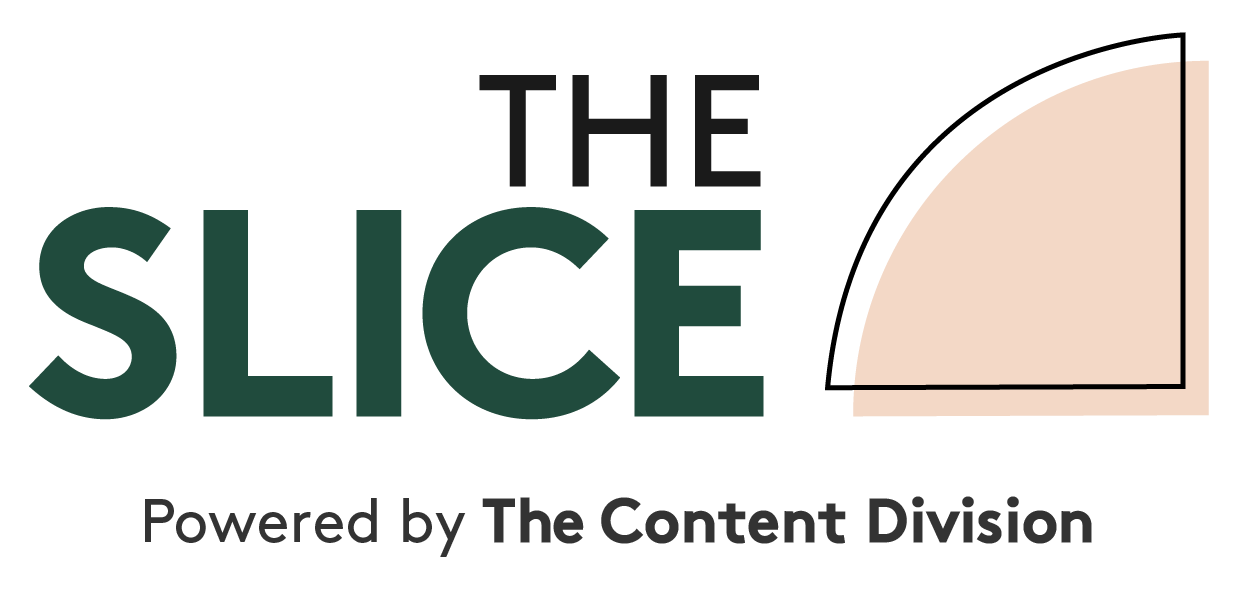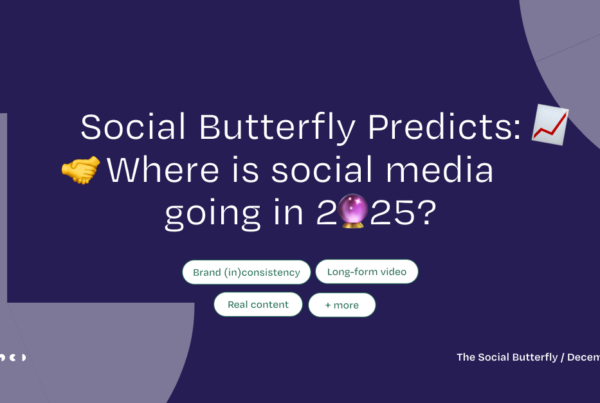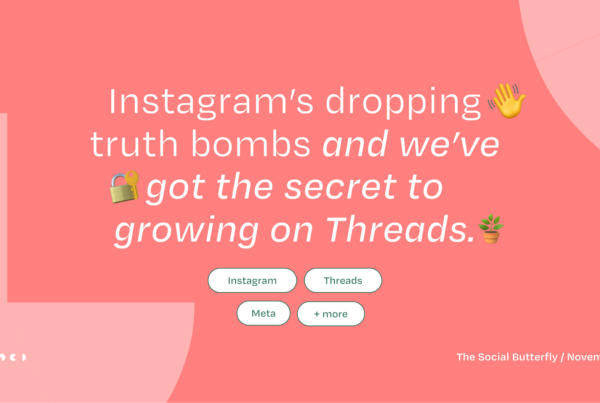
Businesses and influencers have been running competitions through their social media accounts since their inception. And why not? They’re a great way to drive engagement (‘tag a friend to win!’) and page followers (‘follow our page to enter the draw!’), so you’d be crazy not to.
But what are the rules when it comes to running competitions on third party platforms? And who’s liable if you don’t deliver what’s promised in the #giveaway?
It wasn’t long ago that competitions were actually not allowed on Facebook and Instagram, or at least, the lines were blurred as to whether or not these activities were allowed to be conducted on the platforms. Of course, it didn’t stop anyone, but bigger businesses that may be held liable for their actions took caution, and rightly so.
Facebook and Instagram didn’t want to be liable for dodgy comps. And businesses and influencers were exploiting the mechanics of the competitions to hack growth.
Customers also wanted clarity. When there’s money on the line, or at least goods or services of value, there’s an expectation from users that competitions or trade promotions come with clear terms and conditions. After all, they want to know they’re engaging in a legitimate contest.
These days, Instagram and Facebook have published clear promotional guidelines. They say that yes, businesses can run competitions on their platforms, but that they are in no way endorsed/administered by the platforms. The platforms have also specified what mechanics are allowed and what are not.
Competitions on Facebook and Instagram
What’s allowed
Meta (Facebook and Instagram’s owner) is well and truly on board with brands and pages running competitions on its platform. Not surprisingly, it encourages on-platform promotions – basically anything that means users will engage and stay on their platform for longer.
For this reason, its guides suggests running competitions with the following mechanisms:
- Collect entries by having users post on the Page or comment/like a Page post
- Collect entries by having users message the Page
- Utilise likes as a voting mechanism
What’s not allowed
One no-go zone is asking people to tag your business when it’s not relevant.
“In order to maintain the accuracy of Page content, our Pages Terms now prohibit Pages from tagging or encouraging people to tag themselves in content that they are not actually depicted in,” Facebook wrote.
So, for instance:
- It’s OK to ask people to submit names of a new product in exchange for a chance to win a prize
- It’s not OK to ask people tag themselves in pictures of a new product in exchange for a chance to win a prize
Also not allowed is anything related to Personal Timelines. “Personal Timelines and friend connections must not be used to administer promotions (ex: ‘share on your Timeline to enter’ or ‘share on your friend’s Timeline to get additional entries’, and ‘tag your friends in this post to enter’ are not permitted),” Facebook has published.
Promotions on Facebook or Instagram must include the following: A complete release of Facebook/Instagram by each entrant or participant; and acknowledgement that the promotion is in no way sponsored, endorsed, administered by or associated with Facebook/Instagram.
T&Cs apply*
If you use Facebook or Instagram to communicate or administer a promotion (example: a contest or sweepstakes), you are responsible for the lawful operation of that promotion, including:
- The official rules;
- Offer terms and eligibility requirements (example: age and residency restrictions); and
- Compliance with applicable rules and regulations governing the promotion and all prizes offered (example: registration and obtaining necessary regulatory approvals)
If you’re not sure where to get started with terms and conditions for your competition, we’ve saved a handy template for you here.
Rules in Australia
So yes, comps are allowed (yay!), but that’s not all businesses need to consider in Australia. No matter the platform, to run a competition, contest or trade promotion in Australia, you have to also adhere to the rules set by your state government.
TL;DR if the value of your prize or giveaway is less than $5000, there’s usually no licence required for your competition.
- If the total prize amount is under $5,000 and you’re not using instant scratch or break open tickets, it’s a minor trade promotion.
- You don’t need a licence for minor trade promotions.
- An authority is required if the total prize value for a single trade promotion exceeds $10,000.
- An authority can be issued for a selected period of 1, 3 or 5 years allowing multiple promotions to be run under a single authority.
- Free entry draws conducted to promote goods or services do not require a licence, but you have to comply with the rules laid out in the Charitable and Non-Profit Gaming Act 1999.
- While a permit isn’t required, all trade promotion lotteries conducted in Victoria must comply with the conditions in the Gambling Regulation Act 2003 and Gambling Regulations 2015.
- You do not need a permit for a minor trade lottery which has prizes to the value of $5,000 or less.
- You do need a permit for a major trade lottery where prizes total more than $5,000.
- Does not require a licence, but you have to comply with the conditions laid out in the Gaming and Wagering Commission Regulations 1988.
- You do not need a permit to conduct a trade promotion in Tasmania, as long as you follow the conditions of the Gaming Control Act 1993.
So there you go – you’re all set to run your social media competition without drawing the ‘Go Directly To Jail’ card.
Now sit back and watch that sweet, sweet engagement go.





